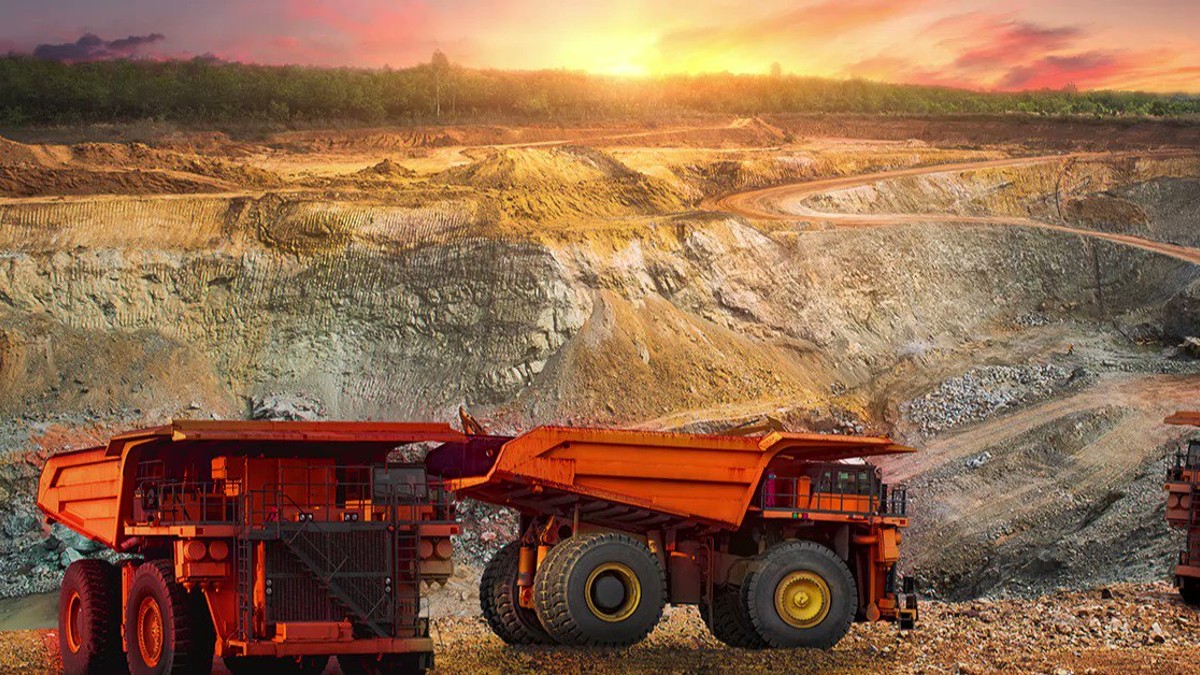
The US is seriously lagging behind China in battery manufacturing and research, which holds a tight grip on the global battery supply chain. But two US senators are raising a red flag, saying it’s time to turn the ship around and focus on next-generation battery tech.
Reuters reports that Senate Intelligence Committee Chair Mark Warner and Energy Committee Chair Joe Manchin wrote a letter to the Energy Department, making a case to boost the US’s battery manufacturing to keep up with looming demand, saying that the US is lagging “10 to 20 years behind Asia in commercialization of battery technology.” China accounts for more than 75% of battery cell production.
China dominates the global EV battery supply chain by having tight control of a large portion of the minerals needed to produce them. A few weeks ago, China shook the industry with a big hit: the announcement of export controls on graphite, a key component of lithium-ion batteries. China is the world’s top producer of graphite, refining more than 90% of graphite into a material that is used in basically all EV battery anodes. Obviously, this impact could be huge on global efforts to scale up battery manufacturing, with China holding the cards.
The timing, too, hits just as Chinese automakers are facing mounting pressures from Europe over their manufacturing processes. Last month, the European Union launched a formal investigation into the “flood” of cheap EVs manufactured in China pouring into Europe, with a 13-month probe that could potentially result in import duties or other freeze-out measures. Meanwhile, the US has set up huge obstacles, blocking Chinese EVs from getting into the country, such as tariffs adding an extra 25% for Chinese EVs on top of a 2.5% import tariff for vehicles.
“The U.S. must become a leader in manufacturing batteries and battery components, while securing our supply chains for the materials that make up those components,” the senators wrote in the letter.
How is the US faring by comparison? In 2022, the US produced less than 10% of lithium-ion batteries, compared to China’s 70%. Global demand for lithium-ion batteries is expected to soar as the EV industry expands, with the number of GWh required increasing from roughly 700 GWh in 2022 to about 4.7 TWh by 2030, according to McKinsey.
The senators in their letter push for further US leadership in the creation of next-gen battery technology and “alternative chemistries” that could potentially rely less heavily on Chinese minerals. They also add, according to Reuters, an urge to work with the Department of Defense “to support procurement of innovative, U.S.-developed energy storage technologies.”
Photo: ABB, electric mining truck
FTC: We use income earning auto affiliate links. More.



Comments